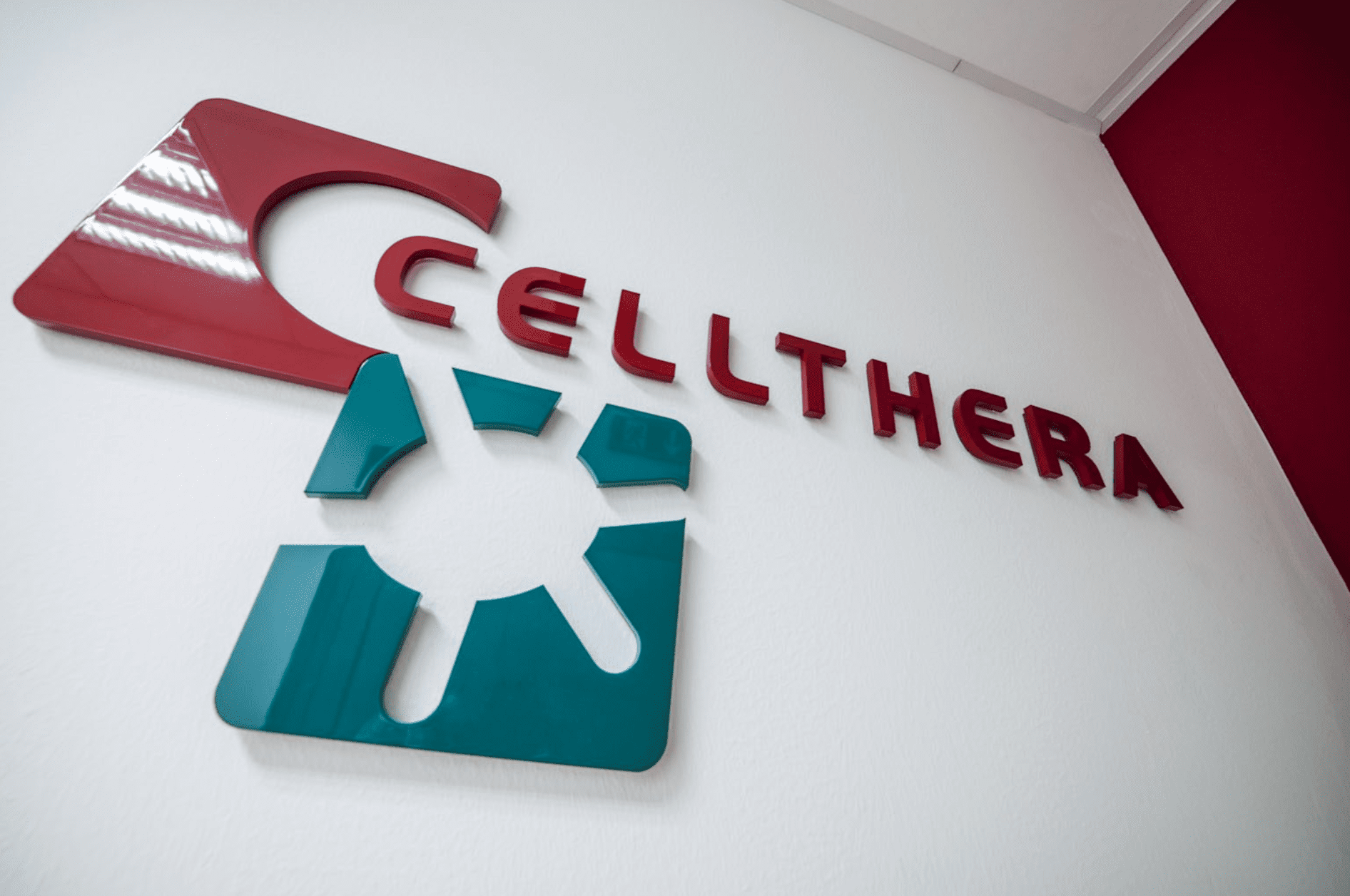Researchers and clinicians are continuously exploring state-of-the-art approaches to address unmet medical needs. One such frontier gaining traction is stem cell secretome (SCS) therapy. This article aims to delve into the depths of this emerging field, uncovering the significance of harnessing the power of secretome.
Stem Cell Secretome
At the heart of secretome therapeutics lies the enigmatic secretome itself. Defined as the complex cocktail of molecules, including proteins, nucleic acids, and lipids, made by stem cells, this unique microenvironment holds immense potential. SCS represents an advanced biological method that can elicit regenerative and immunomodulatory responses. Formed of exosomes, microvesicles, and other extracellular signals, the secretomes are a treasure trove of cellular communication, capable of orchestrating intricate healing processes.
Cellthera Stem Cell Therapy Center in the Czech Republic
Establishment specializes in stem cell curing methodologies. Cellthera Clinic possesses its laboratory premises where experts segregate and grow cells for therapeutic programs. This center has received approval from State Institution for Monitoring Therapeutical and Drug Products. In 2013, Cellthera became the holder of a GMP certificate.
Exosomes vs Stem Cells
To grasp the intrinsic value of SCS therapie, it is crucial to know its fundamental differences from conventional stem cell (SC) cure. While SC feature the capability to turn into multiple cell types, SCS therapy capitalizes on the secreted factors’ ability to modulate cellular behavior within affected tissues. This less invasive method bypasses the restrictions and moral concerns connected with direct SC transplants, offering a promising alternative for interventions. There is, however, the difference between stem cells vs exosomes. Exosomes made by SC may offer comparable clinical advantages without the biosafety worries that are associated with other therapies being investigated for the cure of many disorders. To enable their curative translation, large-scale manufacture and research on the intricate cargos of exosomes will need to be addressed. Hence, exosome vs stem cell both are perspective areas.
Therapeutic Uses of Secretome
The employment of SCS therapy encompass a broad number of health problems. Ongoing research has showcased its ability in curing heart and brain diseases, tissue injuries, among others. Clinical evidence indicates that SCS therapy can activate tissue renewal, reduce inflammation, and enhance cell survival, thereby presenting a compelling strategy for addressing various ailments. The growing body of scientific literature supports the efficacy of SCS-based methods, paving the way for breakthroughs in the field.
Anova IRM Clinic in Germany
Offenbach am Main, Germany
Anova IRM Stem Cell Center is an institution for cellular, translational and regenerative medical practices in Germany. It’s located in Frankfurt-Offenbach. This private institution has received the status of best and efficient guarantors of innovative therapeutic methods: their clinical principles lie in stem cells usage. Institution accepts people from all over the world. Anova IRM…
Future Directions and Challenges
As the field of SCS therapy continues to evolve, researchers are actively learning new avenues for its application. Areas of interest include the identification and characterization of SCS components in charge of desired cure effects, as well as the creation of standardized protocols for SCS isolation and delivery. However, challenges remain, such as optimizing production methods, establishing reliable quality control measures, and addressing regulatory standards. Overcoming these hurdles will be imperative for the successful translation of SCS therapy from research laboratories to clinical practice.
Below we aim to address common questions and provide clear explanations about therapy, its benefits, and its applications.
I. What is secretome therapy?
This is an innovative method that harnesses the healing ability of secretome made by SC. This method offers a way to utilize the healing properties of SC without directly using the cells themselves, opening up new possibilities for cure.
II. What is a stem cell secretome?
The SCS is a rich collection of elements that work together to promote tissue fixing, reduce inflammatory state, support cell renewal, and support the body’s natural healing activities. This is a potent cocktail that holds great abilities for curing.
III. What is the difference between stem cells and secretome?
While stem cells (SC) are the source of the SCS, there are distinct differences between the two. SC are the versatile cells that have the ability to turn into multiple cell types within the organism. SCS therapie exploits the beneficial properties without requiring the use of SC themselves, making it a promising alternative to traditional therapies.
IV. What is the secretome used for? Which diseases are treated? Which conditions are treated?
With its healing properties, SCS therapy has offered promise in fighting cardiovascular and brain disorders, musculoskeletal injuries, and others. Researchers continue to explore its usage in many medical sectors to improve patient outcomes.
Infinity Clinic in Eastern EU
Infinity Clinic is the most famous and one of the best stem cell clinics in Eastern European space. It offers people exclusive rejuvenation methodologies, efficient therapies of many ailments and chronic dysfunctions, as well as a fast rehabilitation process. The clinic uses stem cells obtained from patients’ natural tissues. Clinic’s physicians select a particular, comprehensive…
Final thoughts
SCS represents a paradigm shift in medicine. The distinctive advantages, including targeted regulation, reduced invasiveness, and customizable cure approaches offered by SCS therapies, position them as formidable contenders in the field. We encourage you to further explore the possibilities and consult with healthcare professionals to learn more about how SCS therapy may benefit you.














